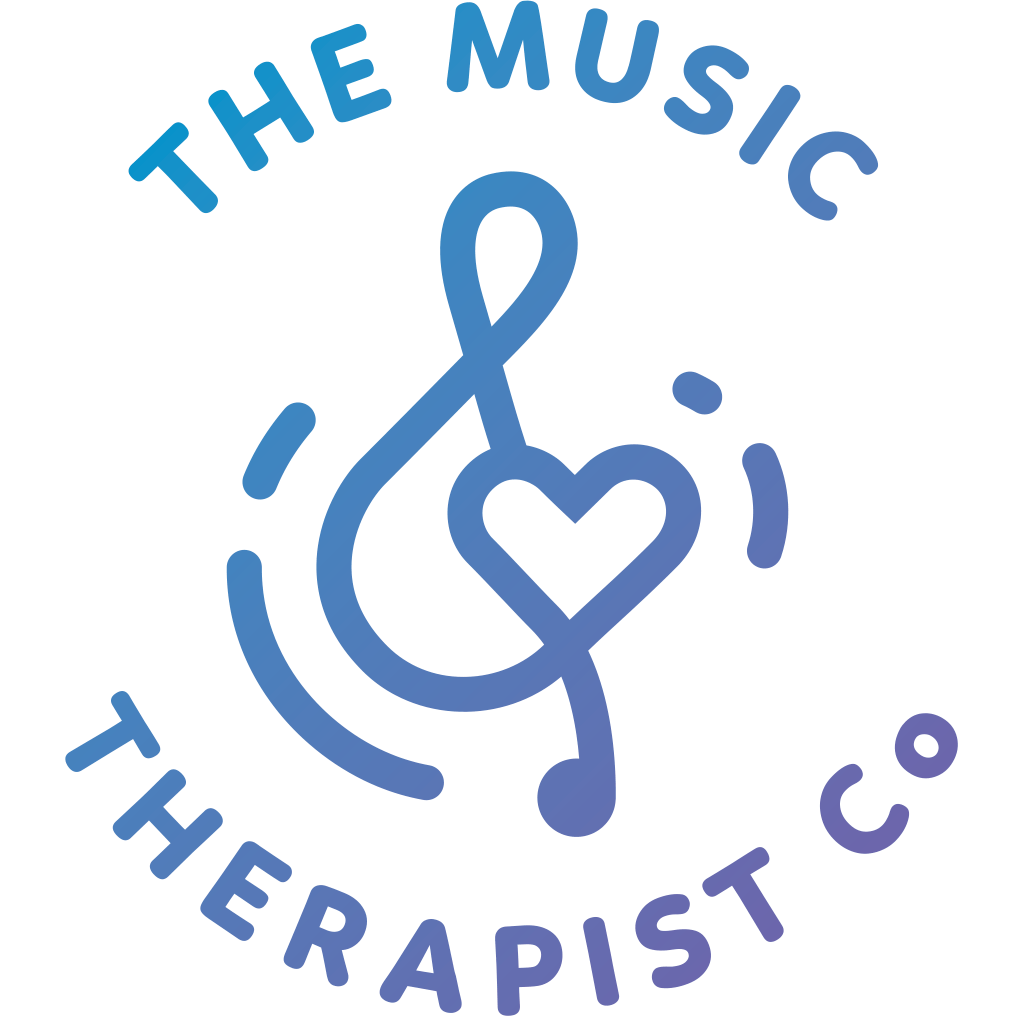What is Music Therapy Used For?
Before we dive into what and who Music Therapy can help, let’s talk briefly about what Music Therapy is. Music Therapy is the clinical and evidence-based use of music interventions to accomplish individualized goals within a therapeutic relationship by a credentialed professional who has completed an approved Music Therapy program.
Music Therapy can benefit a number of different people including children, adolescents, adults, and the elderly in a number of different ways. It can help with mental health needs, as well as developmental and learning disabilities.
Music Therapy has also been proven to benefit those with Alzheimer’s disease and other aging related conditions, substance abuse problems, brain injuries, physical disabilities, and acute and chronic pain. But, healthy individuals can use Music Therapy for stress reduction by actively making/playing music as well as by passively listening to music for relaxation. Because music is processed in all areas of the brain, it has the ability to access and stimulate areas of the brain that may not otherwise be accessible through other methods.
Before beginning with a new client, a Music Therapist will assess emotional well-being, physical health, social functioning, and cognitive skills through musical responses and then design music related sessions for them based on their needs. This might include music improvisation, receptive music listening, song writing, lyric discussion, music and imagery, learning through music and more. The Music Therapist will then assess their progress through ongoing evaluation and follow up. When individualized music experiences are designed by the Music Therapist to fit functional abilities and needs, responses may be immediate and readily apparent.
Music Therapists use music related strategies, both instrumental and vocal, which are designed to facilitate changes that are non-musical in nature. Music selections and certain active music making activities are modified for client preferences and individualized needs, so song selection and music will vary from person to person to ensure the experience is enjoyable and beneficial!
If you believe you or someone you know could benefit from Music Therapy, please contact us at 715-514-1978. Or click the contact us link and reach out that way. We look forward to sharing the healing power of music with you!
Be sure to bookmark our blog and follow us on Facebook for more information like this! We’d love to connect with you!
Sources:
https://www.musictherapy.org
http://neurorhythm.com/files/9714/2524/6924/Music_Therapy_Science.pdf
https://www.musictherapy.org/assets/1/7/MT_Mental_Health_2006.pdf
#dementia #braininjury #musictherapy #stress #children #adolescents #adults #elderly #alzheimersdisease #physicaldisabilities #pain






